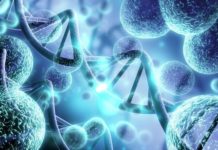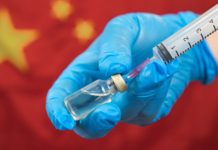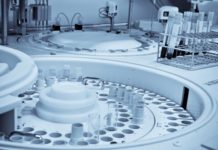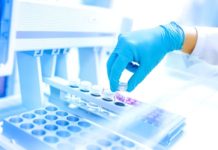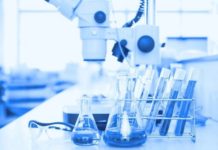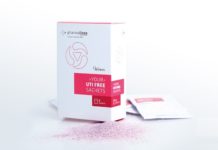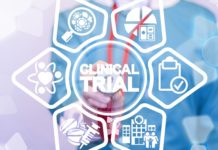Sanofi and Regeneron Pharmaceuticals, Inc. announced positive preliminary results from the Phase 2 study program in which patients with elevated low-density lipoprotein cholesterol (LDL-C) were treated with REGN727/SAR236553.
REGN727/SAR236553 is a novel, high-affinity, subcutaneously administered, fully-human antibody targeting PCSK9 (proprotein convertase subtilisin/kexin type 9). Blocking the PCSK9 pathway is a novel mechanism for lowering LDL-C, the leading known risk factor for coronary artery disease.
One Phase 2 trial studied patients with heterozygous familial hypercholesterolemia (heFH) with elevated cholesterol (LDL-C=100mg/dL) despite lipid lowering therapy (statins with or without ezetemibe). The objective of the study was to compare the effect of adding REGN727/ SAR236553 to the existing lipid lowering therapy in heFH patients. In the primary efficacy analysis of the study, after 12 weeks of treatment, patients who received different dosing regimens of REGN727/SAR236553 achieved mean LDL-C reductions from baseline ranging from approximately 30% to greater than 65% depending on dosing regimen of REGN727/SAR236553 compared to a mean reduction of 10% with placebo (p<0.05 for all dose groups). Patients in the study are being followed for a total of 20 weeks for safety.
In this trial, REGN727/SAR236553 was generally well tolerated over 12 weeks. There were no elevations in LFTs >3 times the upper limit of normal and no cases of elevated CPK reported. The most common adverse event was injection site reaction. There were no serious adverse events on active treatment. Full safety data from the 8-week post-treatment monitoring period will be presented at a future medical congress upon final analysis.
Another Phase 2 trial studied patients with primary hypercholesterolemia with elevated cholesterol (LDL-C= 100mg/dL) who were on a stable low dose of atorvastatin (10 mg). The primary objective of the study was to compare the effect of switching to a high dose of atorvastatin alone (80mg) versus a high dose of atorvastatin combined with REGN727/SAR236553. In the primary endpoint of the study, after eight weeks of treatment, patients who received REGN727/SAR236553 plus atorvastatin 80mg achieved a greater than 65% reduction in mean LDL-C compared to a mean reduction of 17% for atorvastatin 80mg only (p<0.001). The study also included a third arm in which REGN727/SAR236553 was added to the stable low dose of atorvastatin and the patients achieved a greater than 65% reduction in mean LDL-C. Patients in the study were followed for a total of 16 weeks for safety.



